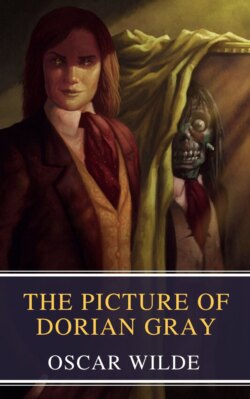Описание книги
Wilde's only novel, first published in 1890, is a brilliantly designed puzzle, intended to tease conventional minds with its exploration of the myriad interrelationships between art, life and consequence. From its provocative Preface, challenging the reader to belief in 'art for art's sake', to its sensational conclusion, the story self-consciously experiments with the notion of sin as an element of design. Yet Wilde himself underestimated the consequences of his experiment, and its capacity to outrage the Victorian establishment. Its words returned to haunt him in his court appearances in 1895, and he later recalled the 'note of doom' which runs like 'a purple thread' through its carefully crafted prose.
A wonderful book! —W. B. Yeats While in one sense «The Picture of Dorian Gray» is as transparent as a medieval allegory and its structure as workmanlike as that of Marlowe's «Dr. Faustus»… in another sense it remains a puzzle: knotted, convoluted, brilliantly enigmatic. —Joyce Carol Oates A story strange in conception, strong in interest, and fitted with a tragic and ghastly climax… A remarkable book. —Julian Hawthorne Mr. Wilde's work may fairly claim to go with that of Edgar Poe. —Walter Pater
A wonderful book! —W. B. Yeats While in one sense «The Picture of Dorian Gray» is as transparent as a medieval allegory and its structure as workmanlike as that of Marlowe's «Dr. Faustus»… in another sense it remains a puzzle: knotted, convoluted, brilliantly enigmatic. —Joyce Carol Oates A story strange in conception, strong in interest, and fitted with a tragic and ghastly climax… A remarkable book. —Julian Hawthorne Mr. Wilde's work may fairly claim to go with that of Edgar Poe. —Walter Pater
